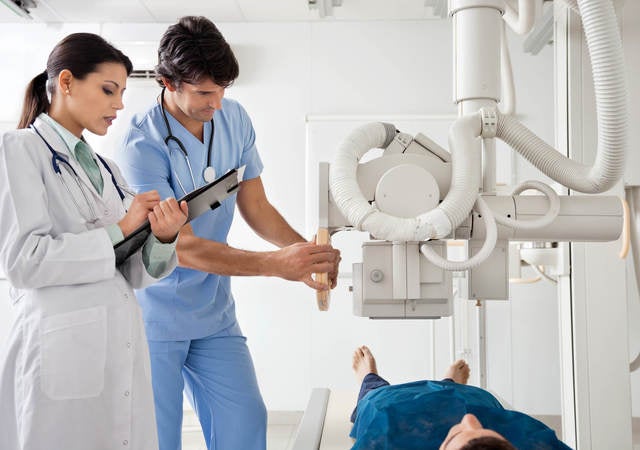Chinese herbal decoction is a crucial process that directly affects the efficacy of the medicine. In this process, the second decoction often raises questions: should cold water or hot water be used? Different regions, family customs, and even traditional Chinese medicine practitioners have different practices regarding this issue. This article discusses this practice from the perspectives of traditional Chinese medicine theory, pharmacological effects, and practical operations.
Traditionally, traditional Chinese medicine determines the decoction method based on the patient’s condition and the characteristics of the medicinal materials. The common practice is to soak the medicinal materials in cold water first to soften them for the extraction of active ingredients. For the second decoction, traditional theory tends to use hot water to fully extract the remaining medicinal properties. However, some viewpoints advocate for using cold water to prevent the destruction of ingredients at high temperatures, especially when dealing with certain special medicinal materials or illnesses, cold water may be more suitable.
From a pharmacological perspective, decocting medicinal materials is a process of extracting and concentrating active ingredients. After extracting most of the components in the first decoction, the second decoction aims to further extract the remaining medicinal effects. Hot water can accelerate ingredient dissolution, increase the concentration of the medicinal liquid, while cold water may result in insufficient extraction, affecting the therapeutic effects.
In practical decoction, the use of hot water is more common because it can rapidly increase the dissolution rate and is easy to control the temperature. However, in specific cases, such as protecting heat-sensitive components or extracting slowly, cold water decoction demonstrates its advantages.
In conclusion, using hot water for the second decoction of Chinese herbal medicine is more common and scientifically supported, but practical operations should be flexible. Depending on the specific circumstances, choose the water temperature wisely, and pay attention to controlling the decoction time, water volume, and heat, as using high-quality medicinal materials is equally critical. In uncertain situations, it is best to consult a professional traditional Chinese medicine practitioner or pharmacist to ensure the appropriateness of the decoction method, thereby maximizing the therapeutic potential of Chinese herbal medicine and promoting health. Correctly executing the decoction process is a prerequisite for fully realizing the effectiveness of Chinese herbal medicine.


